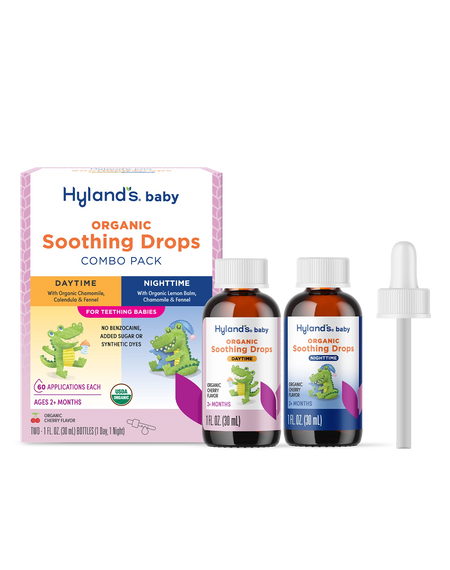Teething is a significant milestone in your baby’s development. It marks the beginning of a new phase where those adorable toothless grins transform into charming smiles with tiny pearly whites. However, this process can be challenging for both babies and parents. Recognizing the common signs and symptoms of teething can help you soothe your little one more effectively and make this period a bit more manageable.
-
Increased Drooling
One of the earliest signs of teething is excessive drooling. As teeth begin to push through the gums, it stimulates the production of saliva. You may notice your baby’s chin, neck, and even chest becoming damp more often. To prevent skin irritation, keep a soft bib on your baby and gently wipe the drool away.
-
Chewing and Gnawing
Teething babies often have an intense urge to chew on objects. The pressure of biting on toys or fingers relieves the discomfort of emerging teeth.
-
Fussiness and Irritability
Teething can be a painful process, leading to increased fussiness and irritability. Your baby might become more clingy, cry more than usual, and have trouble sleeping.
-
Swollen and Sensitive Gums
As teeth push through the gums, it can cause swelling and tenderness. You might notice your baby’s gums looking red and swollen, especially around the area where a tooth is about to emerge.
-
Changes in Eating and Sleeping Patterns
Teething discomfort can lead to changes in your baby’s eating and sleeping patterns. They may refuse to eat solid foods or even breastfeed because of the pressure on their gums. Additionally, they might wake up more frequently during the night due to discomfort.
-
Mild Fever and Diarrhea
While not all babies experience these symptoms, some may develop a mild fever and loose stools during teething. It’s important to note that high fever and severe diarrhea are not typical teething symptoms and could indicate an infection. If your baby experiences these, consult your pediatrician.
By recognizing these signs, you can help make the teething process a bit easier for your baby. Stay calm, provide comfort, and remember that this phase will pass, leading to many more milestones and happy smiles ahead!


